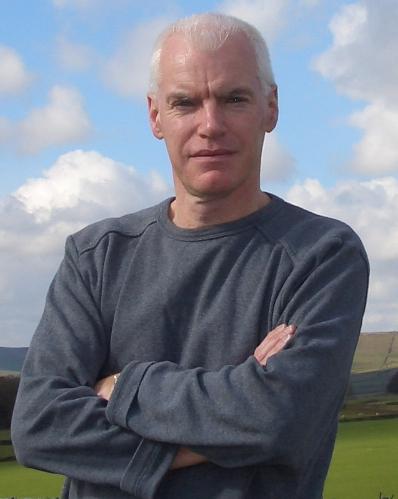Geesten, engelen, aliens & demonen
In de nieuwe ParaVisie Magazine laat de beroemde Britse onderzoeker Anthony Peake zijn licht schijnen op het voor onze zintuigen verborgen universum. Wie zijn de bewoners en hoe komt het dat sommigen van ons tóch af en toe contact met hen lijken te hebben? Hoe verstrekkend zijn theorieën omtrent dit onderwerp zijn, getuigt bijvoorbeeld zijn antwoord op de vraag dat als de poort tot andere realiteiten in onze hersens ligt, zoals Peake beoogt, alles toch moet ophouden na onze fysieke dood?
Peake: “In this regard I would argue that everything is created out of digital information processed by the brain into a projected holographic reality. What we need to focus on is the role of the ‘observer’ of these projections. Is the observer-consciousness, a singularity that exists, all that is needed to create ‘experience’ or is there more? In my opinion this can be solved if we move away from an ego-based singular observer to a broader holographic model whereby EVERYTHING is consciousness and consciousness is, in itself, the singularity. A few years ago I contributed a chapter to a fascinating book entitled ‘Pandeism: An Anthology’ edited by Knujon Mapson (IFF Books 2017). In this Pandeism was presented as an alternative cosmology. This suggest that everything is God and that we are all emanations from this all-pervasive consciousness. If this is the case then the dualistic relationship between the observed and the observer ceases to be an issue.”
En op de vraag wat hij denkt van de veelgehoorde theorie dat ons universum in feite een vorm van computersimulatie is, antwoordt hij:
Peake: “It was first proposed by Nick Bostrum in 1999 and has been taken up by many researchers since. I use the argument that it is analogous to a computer program, not that it IS a computer program. All I am positing is that the evidence seems to be pointing in this direction. I fully take your point that each culture will define things that it cannot fully understand using the technology available to it. How could it do otherwise? I would argue that unlike previous generations we are in a position to personally experience “fabricated” digital worlds by simply putting on a VR headset such as an Oculus Rift. In doing so we can very quickly appreciate that the phenomenal world looks and feels very similar. From this the conclusion that the external world may simply be another variation on this is an easy one to draw.
In recent years there has been growing evidence from the field of cosmology that it its base state the universe is not created out of matter but information. Researchers such as Juan Maldacena the late Jacob Bekenstein have drawn some astounding conclusions relating directly to black holes and the Second Law of Thermodynamics. Indeed, it may come as a surprise to some readers of this article that researchers at the Perimeter Institute in Canada are involved in an exercise at the moment to discover the pixelization of space.”
Het hele interview, met ook wat lichter verteerbare kost, lees je in de augustusuitgave van ParaVisie Magazine!
